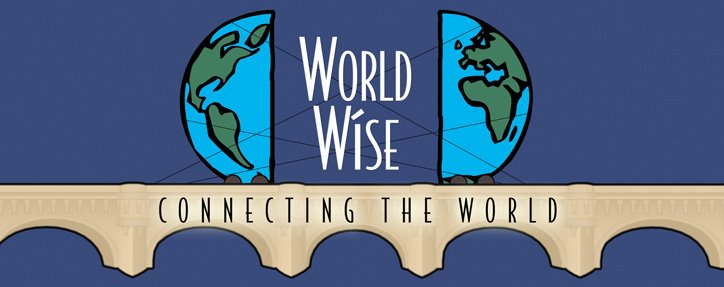
Even in this time of economic uncertainty, layoffs, store closings it appears that at least some Americans still believe the can create their own destiny, make good things happen. I see evidence of this around me. People I know who have been laid off are starting new companies (and booking real paying projects) or are evolving their skills (photographer to specialty videographer) and doing well. The American attitude that you can try something new, that change brings opportunity, and the basic underlying do-it-yourself optimism that fueled the development of the country still appears to exists.
And it seems I’m not the only one who sees the independent American spirit around me. According to David Brooks writing in the New York Times (http://www.nytimes.com/2009/04/24/opinion/24brooks.html?_r=1) Americans even in this difficult time believe“ that their own individual actions determine how they fare.” He draws his conclusion in part from recent polls (from the National Journal, Allstate, Gallup) that indicate that while Americans see volatility, uncertainty in the economy that will effect them they are reluctant to have the government step in to try to take over, fix everything. Rather the government can and should do some things but overall individualist Americans still believe they can rely on themselves. “I’ll do it myself” children say with great intensity as they learn to tie their shoes, and “I’ll do it myself” they continue to say as adults trying to find new ways to cope with uncertainty.






